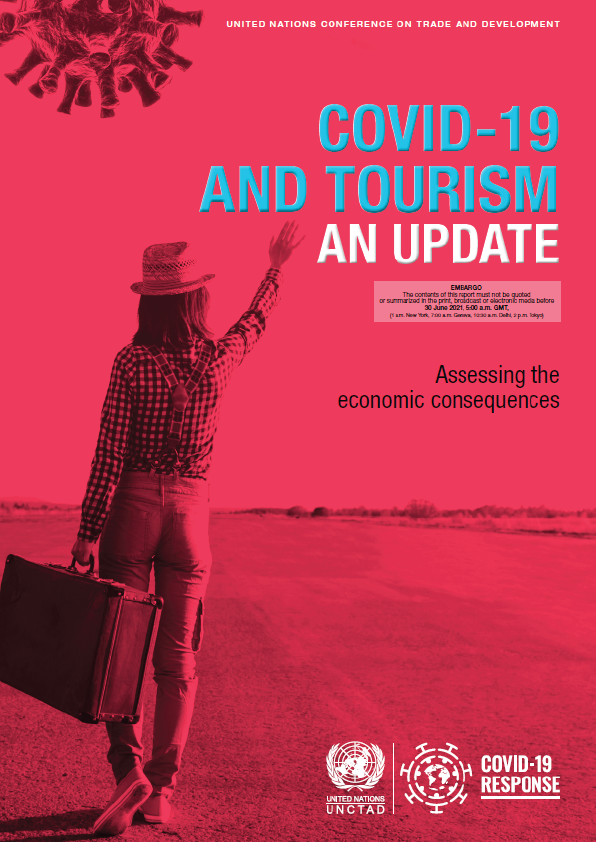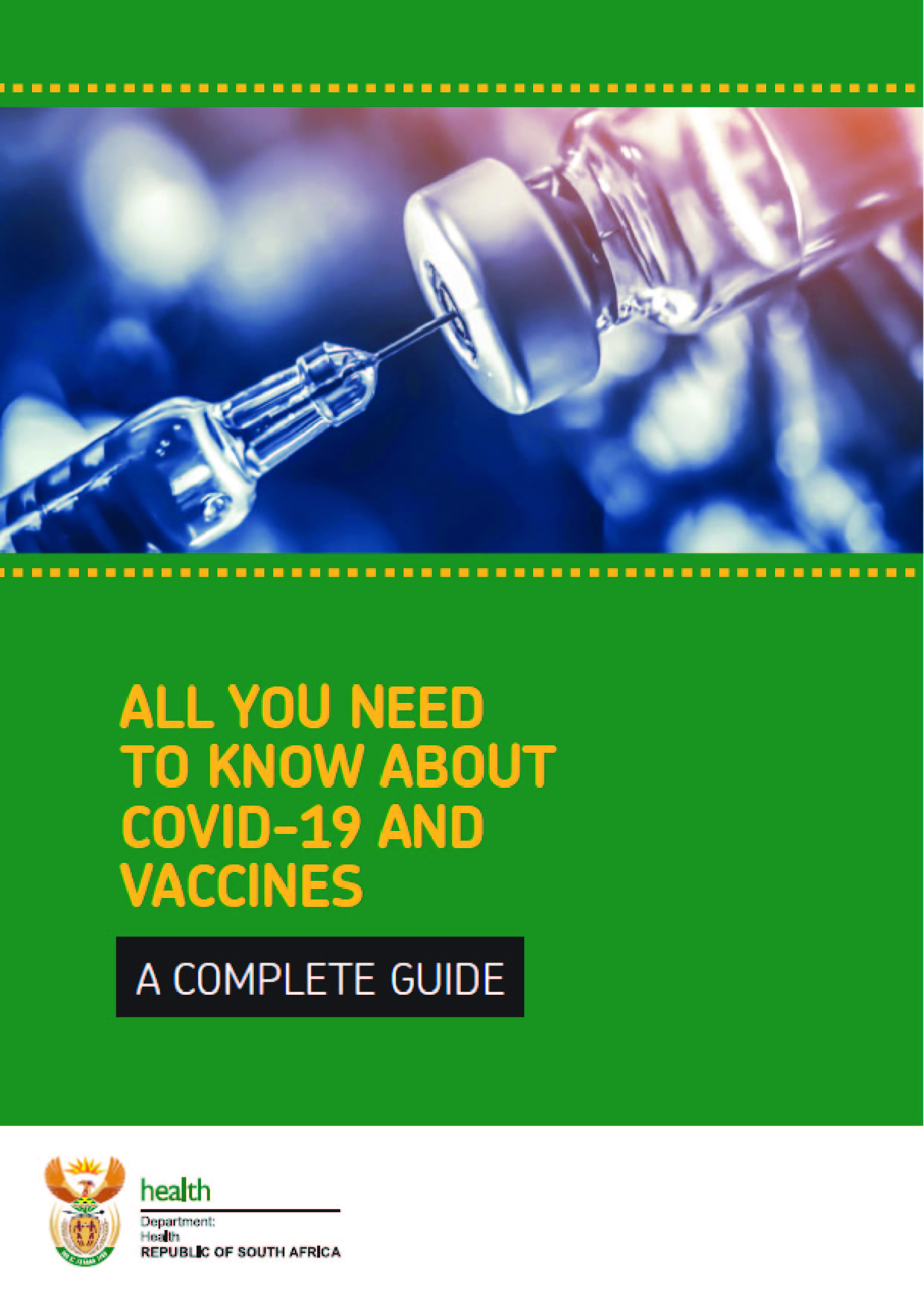Calories consumed minus calories burned: it’s the simple formula for weight loss or gain. But dieters often find that it doesn’t work. Cynthia Graber and Nicola Twilley of Gastropod investigate.
“For me, a calorie is a unit of measurement that’s a real pain in the rear.”
Bo Nash is 38. He lives in Arlington, Texas, where he’s a technology director for a textbook publisher. And he’s 5’10” and 245 lbs – which means he is classed as obese.
In an effort to lose weight, Nash uses an app to record the calories he consumes and a Fitbit band to track the energy he expends. These tools bring an apparent precision: Nash can quantify the calories in each cracker crunched and stair climbed. But when it comes to weight gain, he finds that not all calories are equal. How much weight he gains or loses seems to depend less on the total number of calories, and more on where the calories come from and how he consumes them. The unit, he says, has a “nebulous quality to it”.
Tara Haelle is also obese. She had her second son on St Patrick’s Day in 2014, and hasn’t been able to lose the 70 lbs she gained during pregnancy. Haelle is a freelance science journalist, based in Illinois. She understands the science of weight loss, but, like Nash, doesn’t see it translate into practice. “It makes sense from a mathematical and scientific and even visceral level that what you put in and what you take out, measured in the discrete unit of the calorie, should balance,” says Haelle. “But it doesn’t seem to work that way.”
Nash and Haelle are in good company: more than two-thirds of American adults are overweight or obese. For many of them, the cure is diet: one in three are attempting to lose weight in this way at any given moment. Yet there is ample evidence that diets rarely lead to sustained weight loss. These are expensive failures. This inability to curb the extraordinary prevalence of obesity costs the United States more than $147 billion in healthcare, as well as $4.3 billion in job absenteeism and yet more in lost productivity.
At the heart of this issue is a single unit of measurement – the calorie – and some seemingly straightforward arithmetic. “To lose weight, you must use up more calories than you take in,” according to the Centers for Disease Control and Prevention. Dieters like Nash and Haelle could eat all their meals at McDonald’s and still lose weight, provided they burn enough calories, says Marion Nestle, professor of nutrition, food studies and public health at New York University. “Really, that’s all it takes.”
But Nash and Haelle do not find weight control so simple. And part of the problem goes way beyond individual self-control. The numbers logged in Nash’s Fitbit, or printed on the food labels that Haelle reads religiously, are at best good guesses. Worse yet, as scientists are increasingly finding, some of those calorie counts are flat-out wrong – off by more than enough, for instance, to wipe out the calories Haelle burns by running an extra mile on a treadmill. A calorie isn’t just a calorie. And our mistaken faith in the power of this seemingly simple measurement may be hindering the fight against obesity.
Reference:
- Marion Nestle and Malden Nesheim, Why Calories Count: From Science to Politics
- Lavoisier’s Ice Calorimeter
- Wilbur O. Atwater Papers, USDA Special Collections
- Richard Wrangham’s Catching Fire: How Cooking Made Us Human
- One of Richard Wrangham and his collaborators’ papers on the energetic consequences of thermal and nonthermal food processing
- David Baer’s papers on almonds and walnuts: Discrepancy between the Atwater factor predicted and empirically measured energy values of almonds in human diets
- Walnuts Consumed by Healthy Adults Provide Less Available Energy than Predicted by the Atwater Factors
- David Baer and Bill Rumpler both work at the Food Components and Health Laboratory, USDA-ARS, Beltsville
- Susan Roberts’ Satiety-Based “iDiet”
- Susan Roberts’ paper on the accuracy of menu labeling
- David Ludwig’s Always Hungry? book proposes a diet based on satiety
- Adam Drenowksi’s Nutrient-Rich Food Index
- Gut microbiota from twins discordant for obesity modulate metabolism in mice. Jeffrey Gordon et. al.
- Use of the second-generation antipsychotic, risperidone, and secondary weight gain are associated with an altered gut microbiota in children
- Weight Gain After Fecal Microbiota Transplantation
- Richard Wrangham’s Nutritional Ecology Lab
- Susan B. Roberts, Tufts Energy Metabolism Laboratory
- The Turnbaugh Lab, University of California, San Francisco
- Wishart Research Group, University of Alberta








